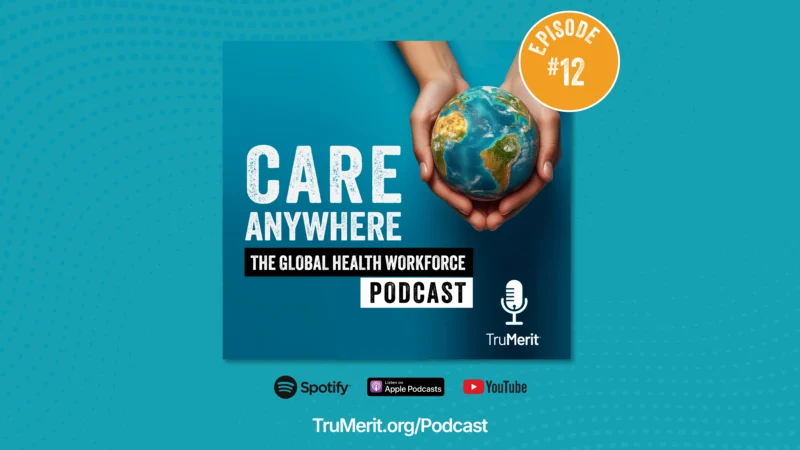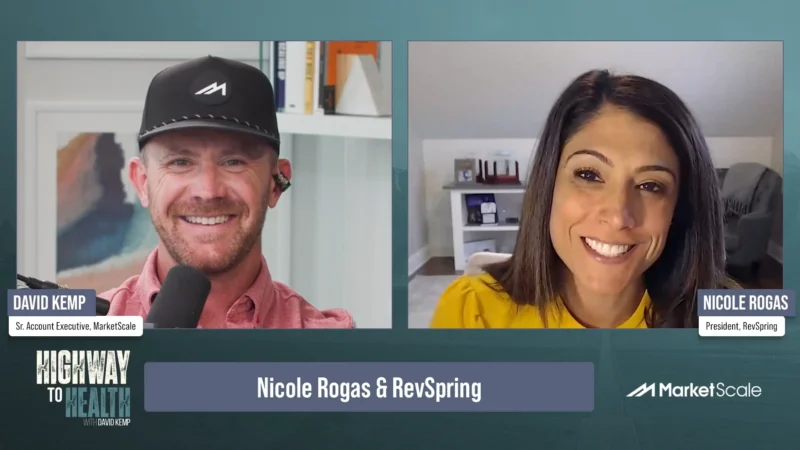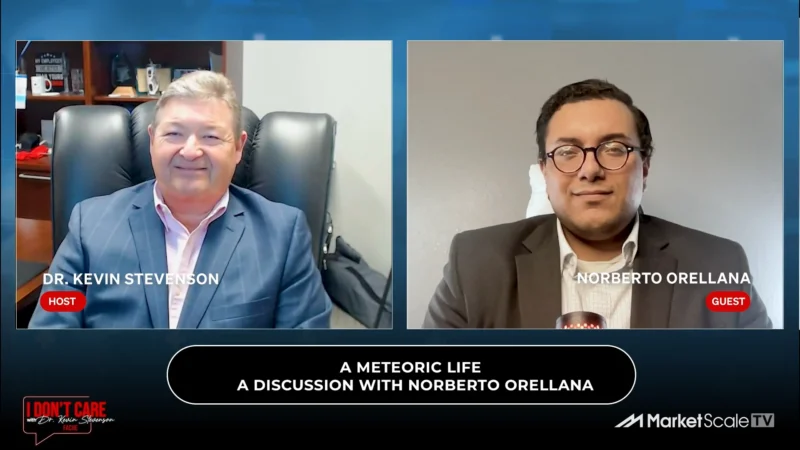HealthFirst Talks: COVID-19 Vaccines: What You Should Know
After nearly a year of the COVID-19 pandemic, the FDA (Federal Drug Administration) approved two vaccines. There are lots of questions about how they work and if they are safe. Discussing these topics day are Dr. Scott Cohen, Chief Medical Information Officer and Chief Performance Improvement Officer for Bassett Healthcare Network, and Dr. Fiona Collins, dentist and international speaker and author, both experts in their fields.
Dr. Collins started the conversation by explaining how the vaccines work. “The Pfizer and Moderna vaccines are mRNA-based. No live virus is in the vaccine, only the protein. The protein then enters the cell, causing an immune response where T-cells and B-cells store a response should the actual virus enter the body,” she said.
The initial goal of the FDA was for a vaccine to have a 50% efficacy. “Both trials vastly beat that and are over 90% effective in most circumstances,” Dr. Collins shared.
The biggest question most people have is, “Is it safe?” Based on data from the trials, Dr. Collins and Dr. Cohen believe it be safe, but note that long-term effects are still unknown. Patients in trials did have some reactions such as pain and redness at the injection site, fatigue, headaches, nausea, and fever.
Dr. Collins and Dr. Cohen then turned the conversation to myth-busting, as misinformation about the vaccine is concerning. “There are lots of myths about the vaccine. One of the most common ones is that the vaccine has microchips, which is not the case. There were also myths related to the vaccine changing your DNA, which is not true,” Dr. Cohen said.
There is still more to learn about the vaccine. How long it lasts is yet to be determined. With more time, more answers will be available.
Listen to the podcast to learn more about the COVID-19 vaccine from the experts.
Follow us on social media for the latest updates in B2B!
Twitter – @MarketScale
Facebook – facebook.com/marketscale
LinkedIn – linkedin.com/company/marketscale



